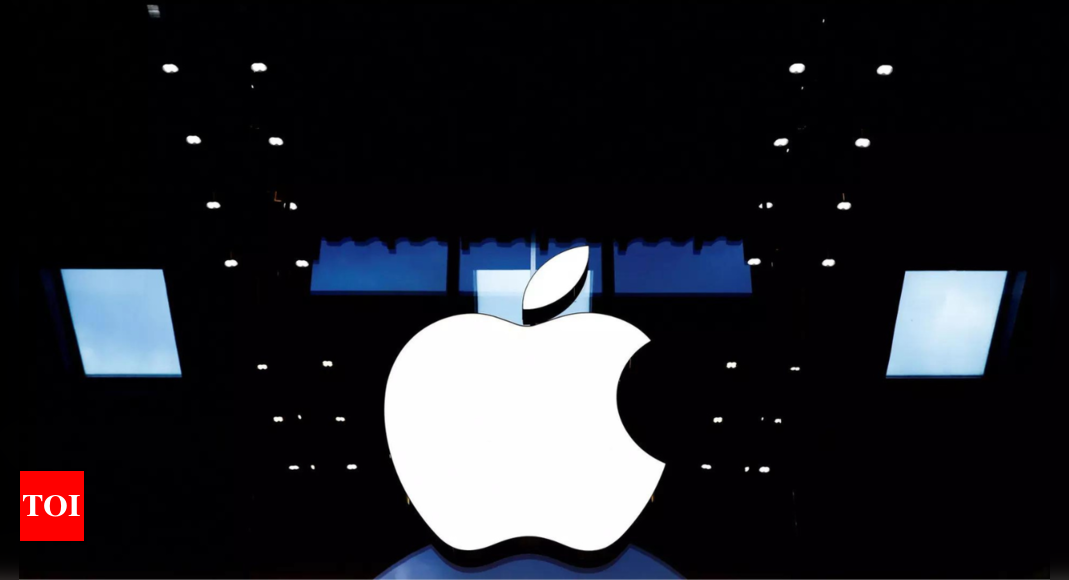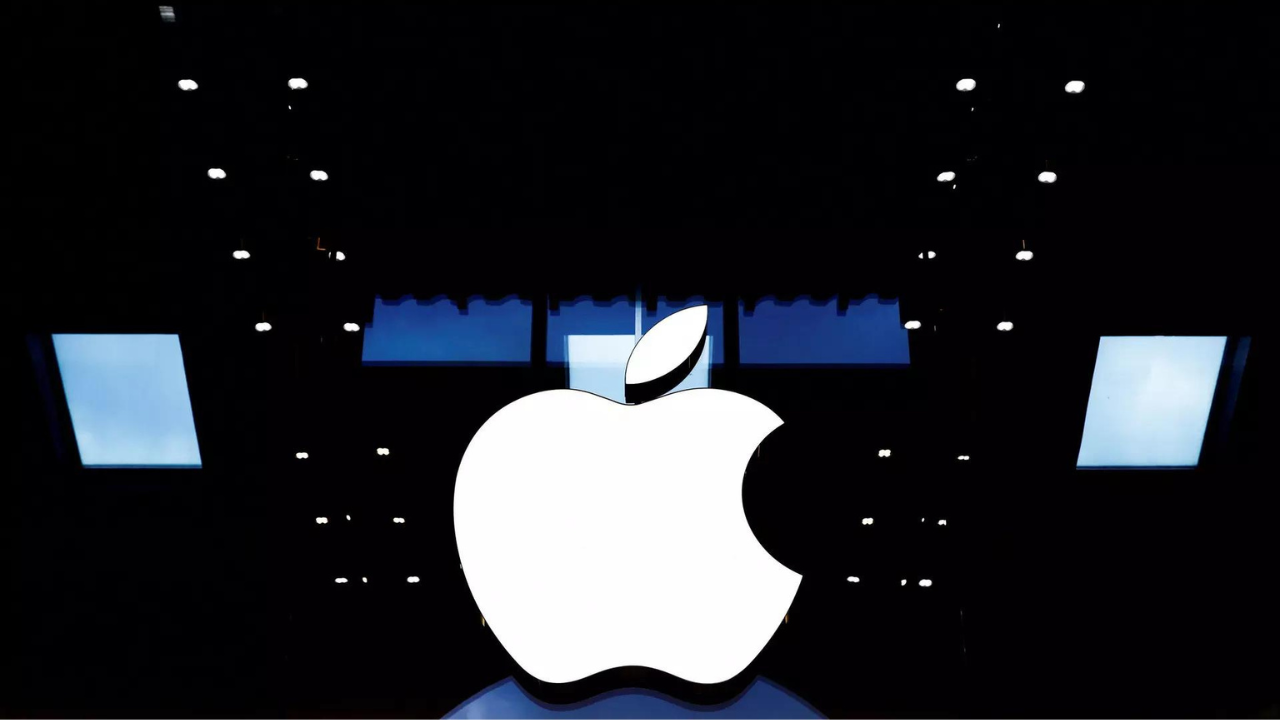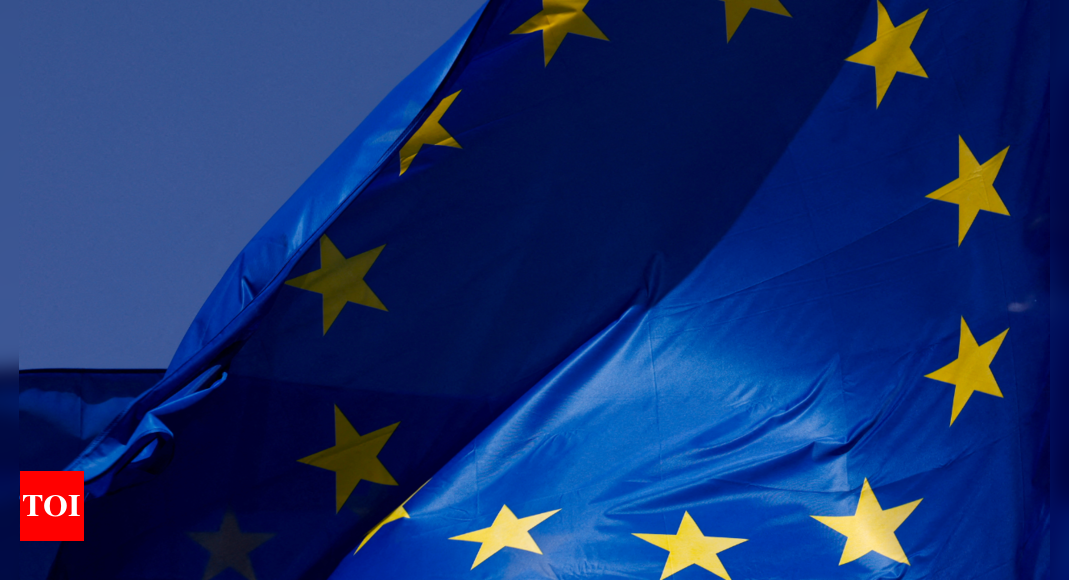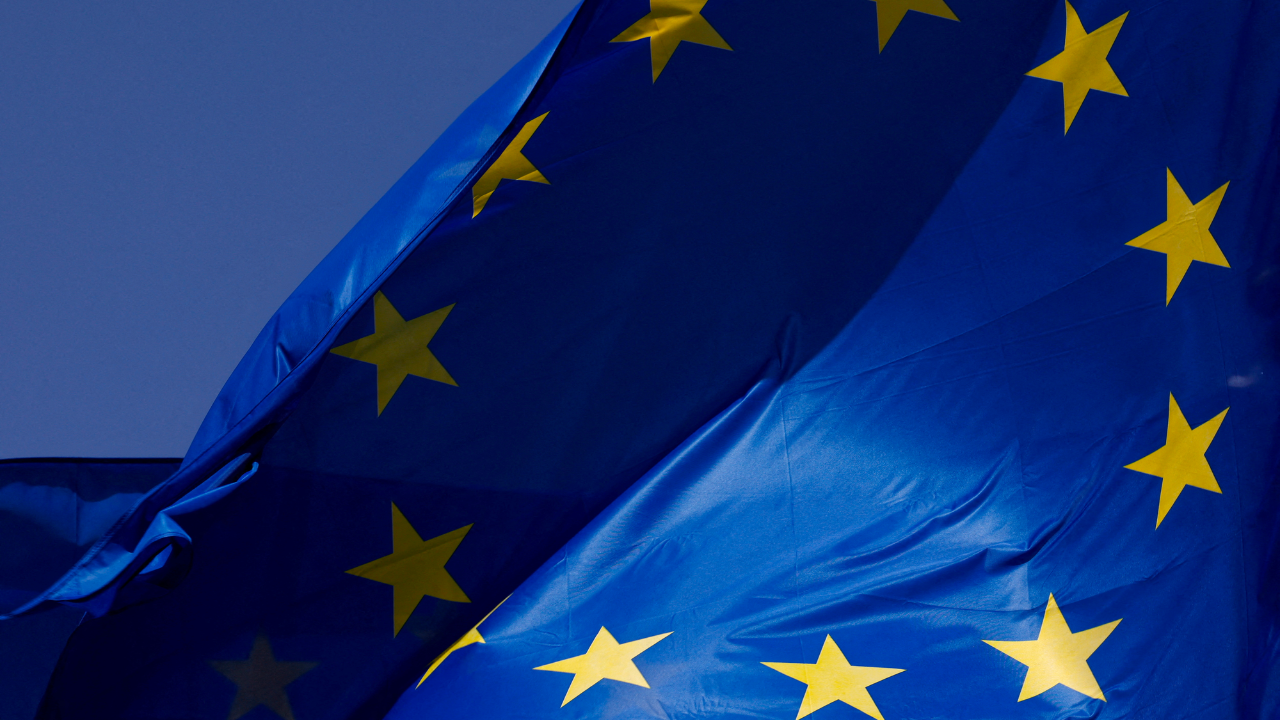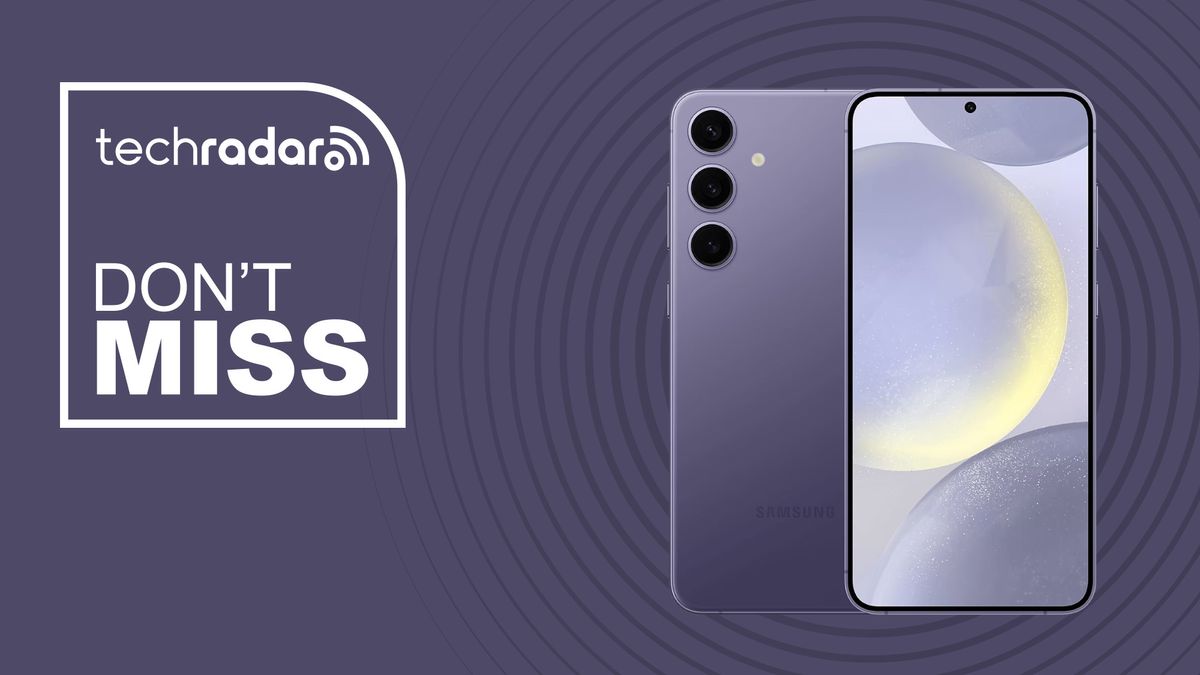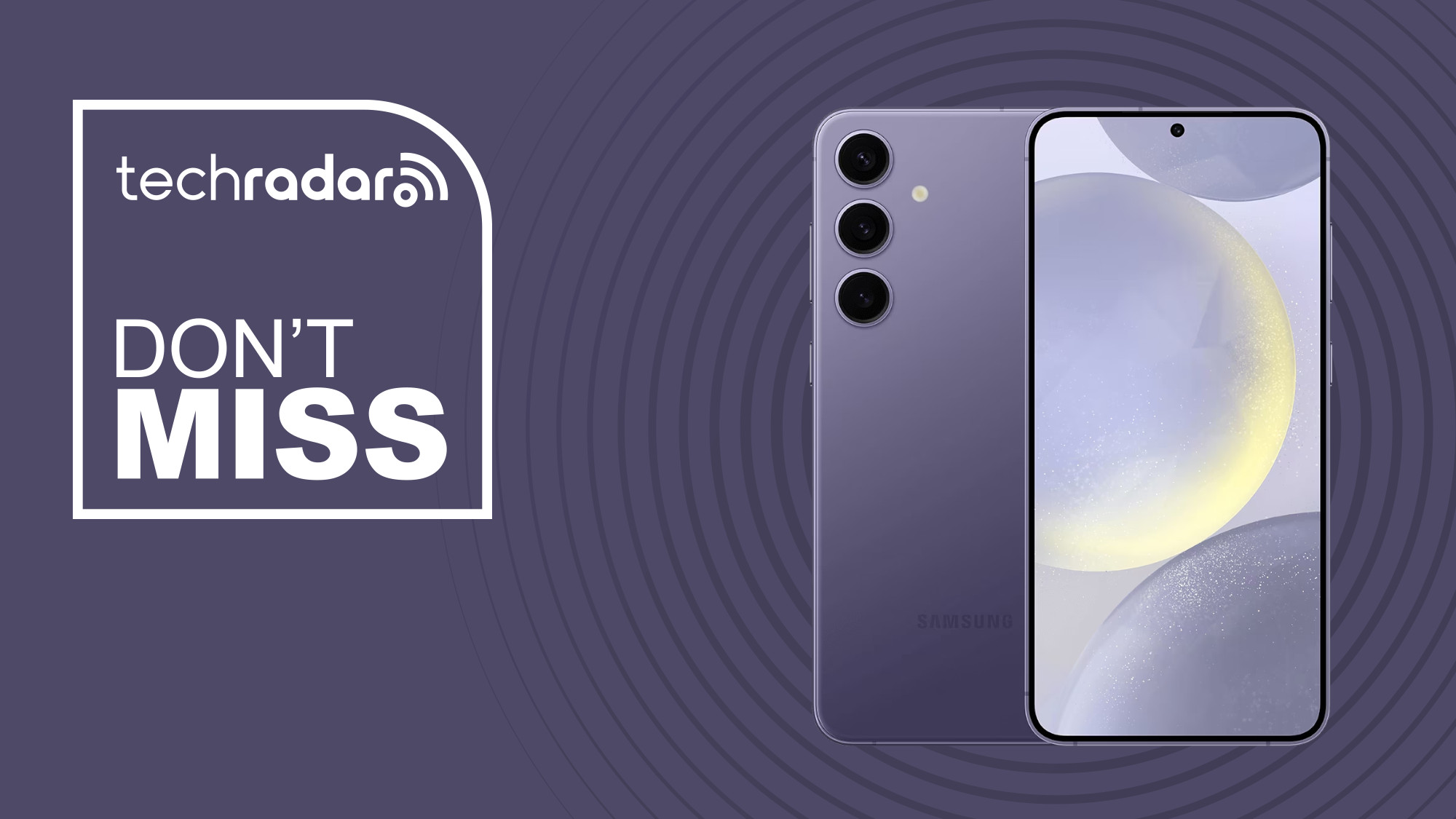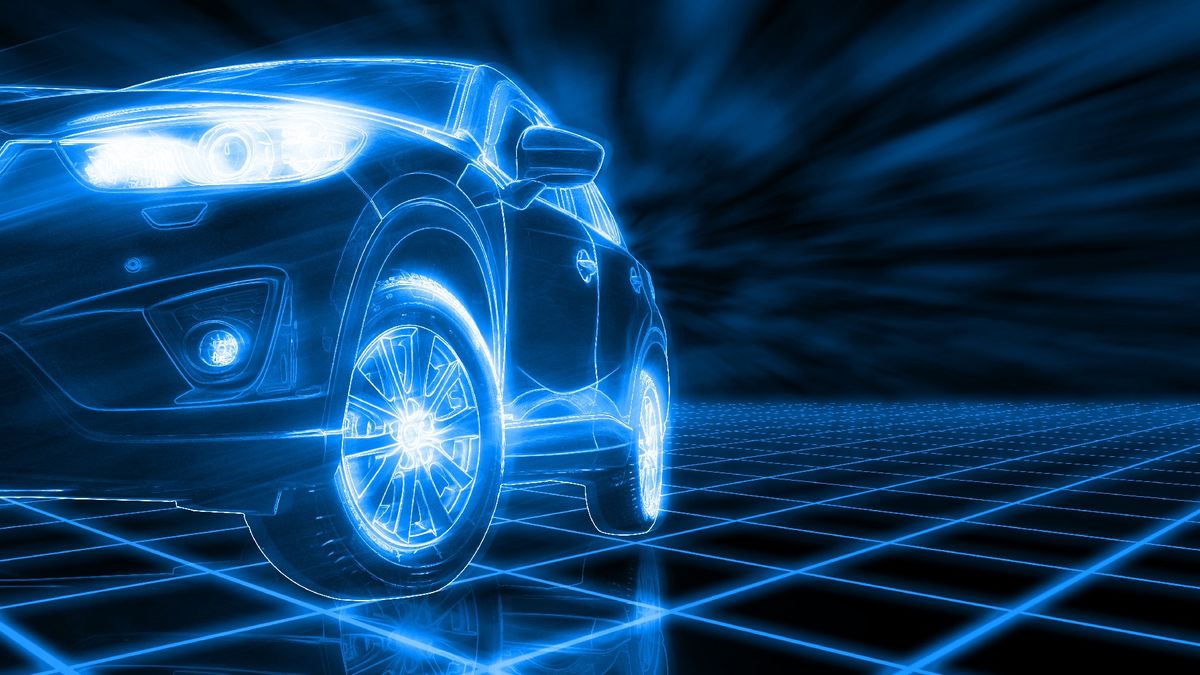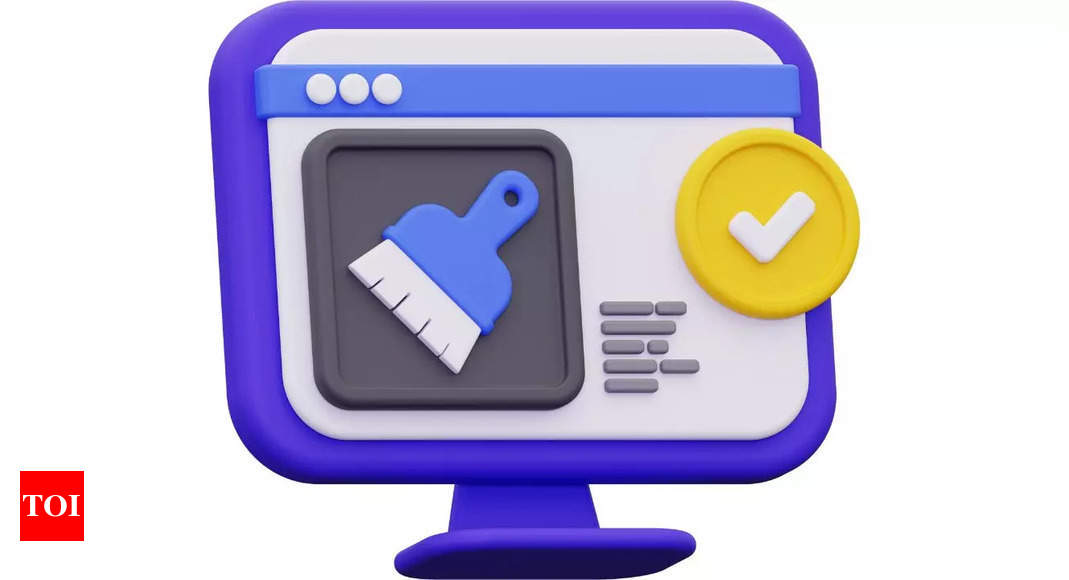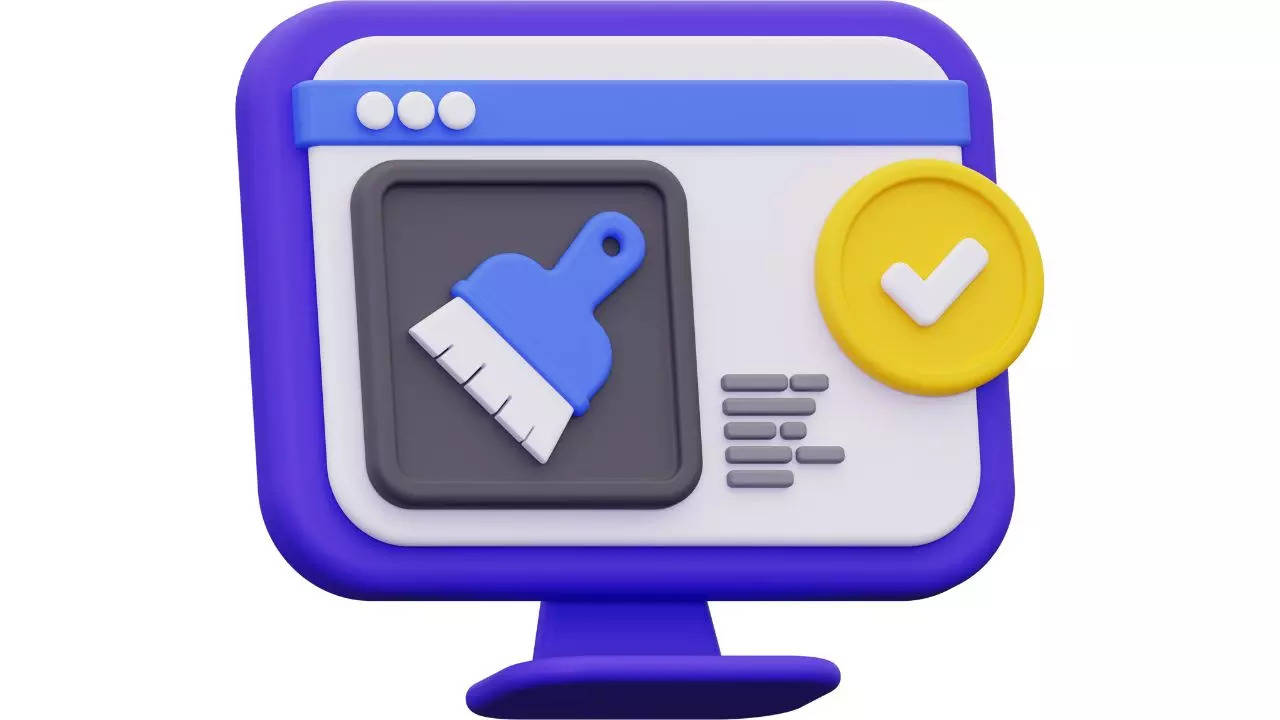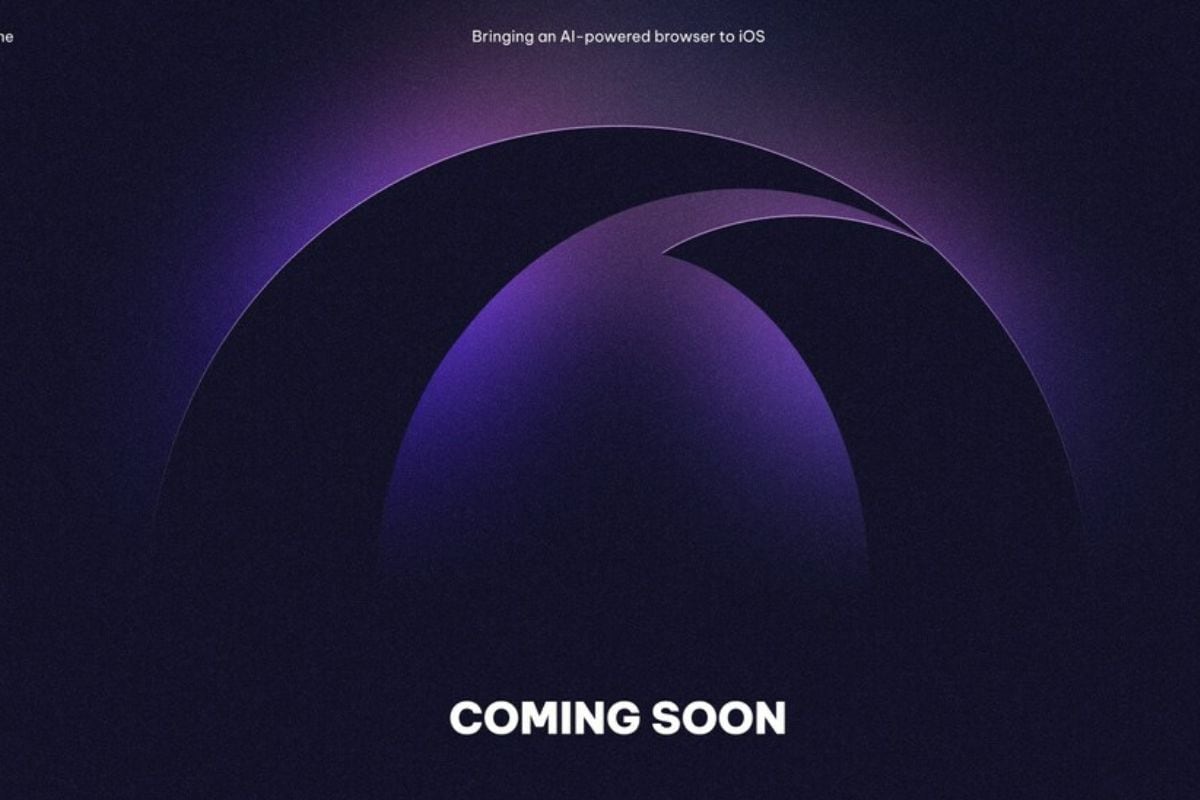Apple’s New Browser Rules Disappoint Mozilla: Here’s Why |
[ad_1]
The change will allow other popular engines, like Blink, which is used by Google Chrome and Microsoft Edge, as well as Gecko, the engine used by Firefox.The Cupertino-based tech giant will also enable third-party browsers to become fully functional on iPhone without any of the limitations that come along with WebKit.
However, Firefox browser owner Mozilla is still ‘not happy’ with Apple’s new rules.
What Mozilla said about Apple’s browser rules
In a statement to The Verge, Mozilla spokesperson Damiano DeMonte said it’s “extremely disappointed” with the way things turned out.
Mozilla argued that rolling out the changes only in the EU will make it more difficult for browsers to switch between different versions.
“Apple’s proposals fail to give consumers viable choices by making it as painful as possible for others to provide competitive alternatives to Safari. This is another example of Apple creating barriers to prevent true browser competition on iOS,” DeMonte added.
Other companies ‘not happy’ with Apple’s new rules
Apart from Mozilla, other developers have also criticised Apple’s new rules. These new rules also extend to game streaming apps, alternative app stores and sideloading.
Epic CEO Tim Sweeney called the new terms a “horror show,” while Spotify said the changes are a “farce.” Apple’s guidelines still need to be approved by the EU Commission.
In a statement, Apple replied that under the new rules, over 99% of the developers would pay the same or less.
The company said: “We’re happy to support the success of all developers — including Spotify, which has the most successful music streaming app in the world. The changes we’re sharing for apps in the European Union give developers choice — with new options to distribute iOS apps and process payments. Every developer can choose to stay on the same terms in place today.”
The Times of India Gadgets Now awards: Cast your vote now and pick the best phones, laptops and other gadgets of 2023
[ad_2]
Source link
